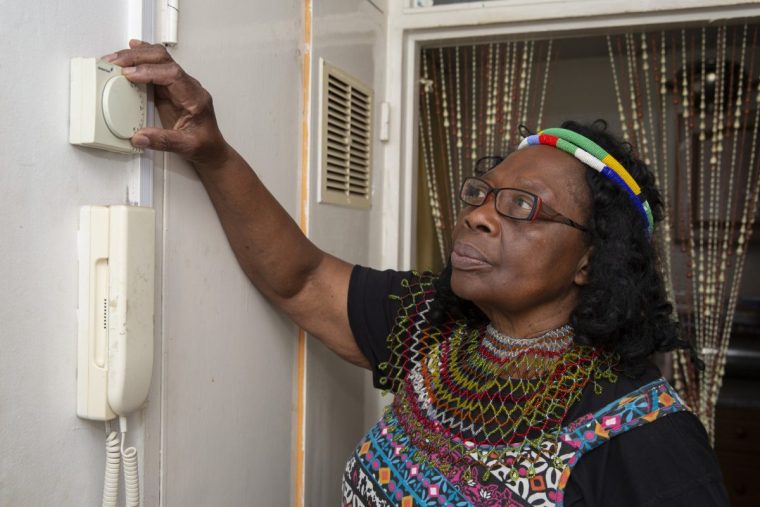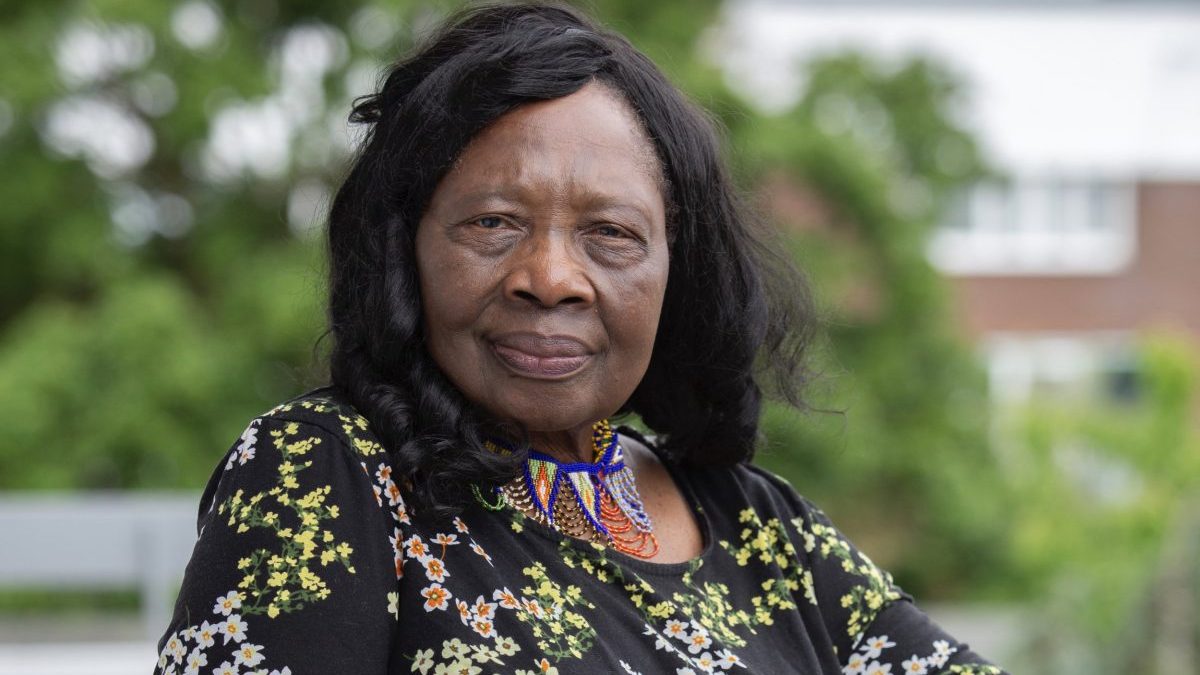Thabani Sithole, 75, says even with an inflation-busting rise coming for the state pension, she would struggle to survive without her daughter’s financial support
A pensioner who knows she would struggle financially without the support of her daughter who lives with her says older people who live alone will find it almost impossible to survive on the state pension – even with an inflation-busting rise in the benefit.
Thabani Sithole, 75, lives in West Norwood, London, with her 43-year-old daughter Khwezi who helps out by paying money towards the gas, electric and water bills, as well as council tax.
Without her daughter’s input, Ms Sithole says it would be “impossible” for her to survive on her state pension, pension credit and attendance allowance as she says rising bills have made life very difficult and she was already forced to sell her home because she could no longer afford the mortgage.
New FeatureIn ShortQuick Stories. Same trusted journalism.
“It is incredibly difficult trying to survive on the state pension because everything is so expensive,” she told The i Paper.
“I am lucky because my daughter, who is a receptionist at a school, lives with me and helps me out by paying towards the bills.
“Without her living with me, there is no way I could manage. I feel sorry for pensioners living alone and I see a lot of them constantly cutting down and going to food banks and relying on discounted food from supermarkets.”
People drawing their new state pension from April are likely to see a rise of more than £500 a year, latest wages data suggests.
 Thabani Sithole fears the rising cost of bills will wipe out any rise in the state pension (Photo: Independent Age)
Thabani Sithole fears the rising cost of bills will wipe out any rise in the state pension (Photo: Independent Age)
Under the “triple lock” policy, the state pension goes up each year by either 2.5 per cent, inflation, or average earnings growth – whichever is the highest figure.
Latest figures from the Office for National Statistics (ONS) reveal total pay including bonuses for the three months to July was 4.7 per cent, which is likely to be the figure used for the annual increase.
This means the full state pension for people with all the qualifying national insurance years is set to rise from £230.25 to £241.05 a week for the new state pension and from £176.45 to £184.75 for those on the old state pension – retirees pre-April 2016.
While Ms Sithole says life will certainly be better with a rise to the state pension, she fears most of it will get swallowed up by the escalating cost of living. Before her income was boosted with pension credit, she had to use food banks.
She is also concerned as with the frozen personal allowance thresholds, projections suggest that pensioners will have to pay income tax on their state pension for the first time from 2027.
Ms Sithole had been living in Brixton, but was forced to sell her home as she could no longer afford the mortgage payments.
She is now living in a two-bedroom ground floor flat with her daughter, which is 75 per cent shared ownership, so she pays for 25 per cent of it.
“I am paying £450 a month for this flat even on shared ownership. And we still have energy bills, council tax, water, other bills and food to pay for.
“It is only because of my daughter living with me and paying towards bills that I can hold my head above water.
“While it is good news that the state pension will be going up by 4.7 per cent, if this ultimately means that it will end up being taxed, it is deeply unfair.
“It feels as though whenever the Government gives pensioners any money, they want to take it back again.”

